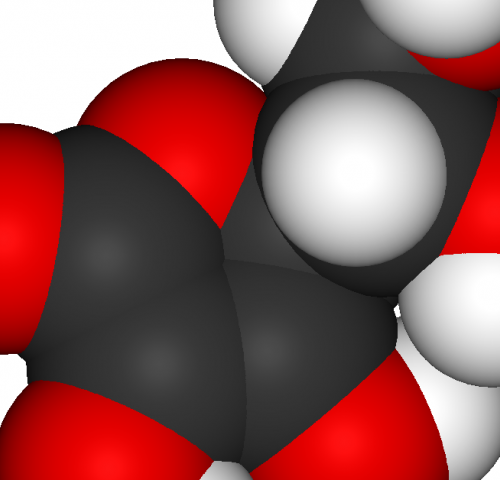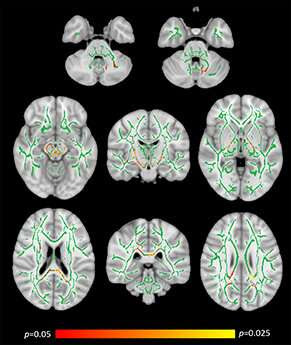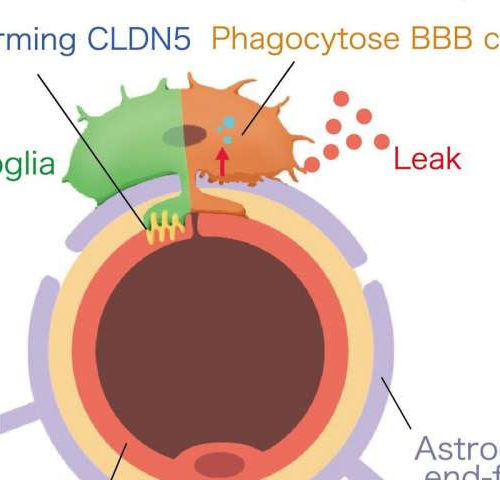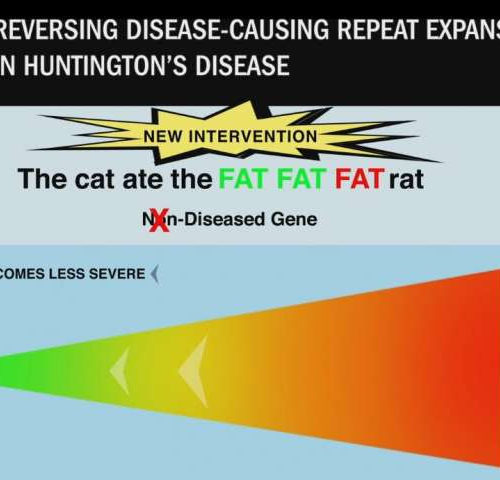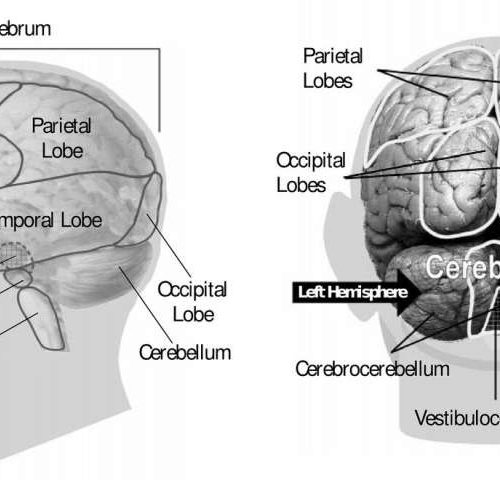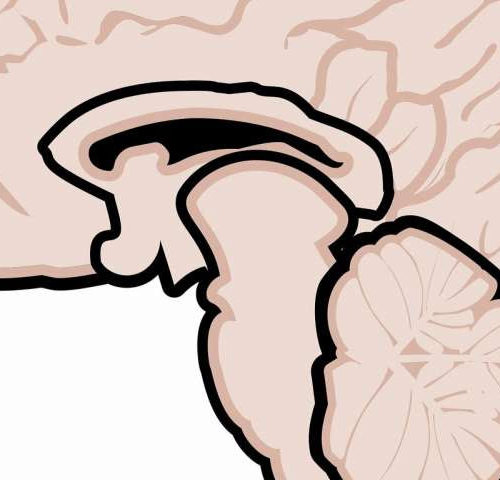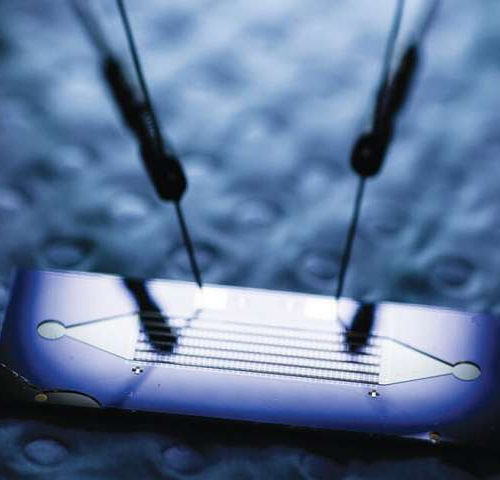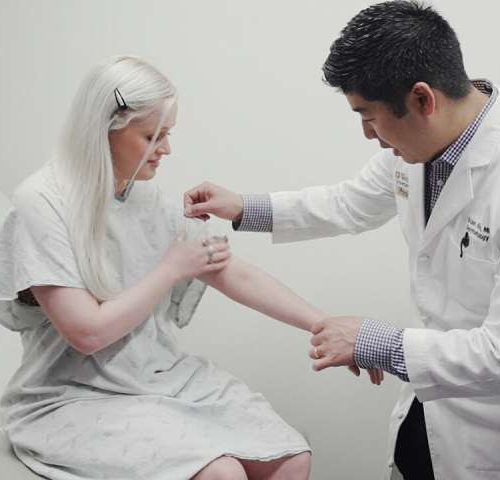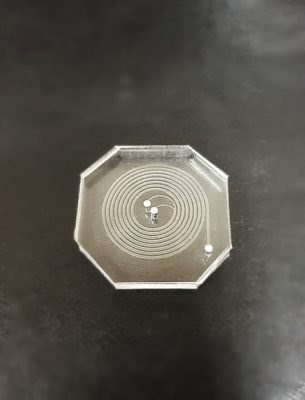by Bob Yirka , Medical Xpress A team of researchers affiliated with multiple institutions in Italy has found that giving cancerous mice high doses of vitamin C (ascorbic acid) enhanced immunotherapy, resulting in slowed or stopped tumor growth. In their paper published in the journal Science Translational Medicine, the researchers describe their studies of vitamin...
Researchers confirm celiac disease can damage the brain
by University of Sheffield People living with celiac disease (CD) have a higher risk of neurological damage according to a new study from the University of Sheffield. The study found that the brains of people living with CD showed evidence of damage to brain matter and cognitive deficit in the form of slowed reaction times....
Our own immune cells damage the integrity of the blood-brain barrier
by Nagoya University Researchers have shown that microglia, a class of immune cells in the brain, regulate the permeability of the brain’s protective barrier in response to systemic inflammation. During inflammation, microglia initially protect the barrier’s integrity, but they can later reverse their behavior and increase the barrier’s permeability. The blood-brain barrier is a layer...
Huntington’s disease-causing DNA repeat mutations reversed in the lab
Neurodegenerative diseases, like Huntington’s disease and myotonic dystrophy, are often referred to as DNA repeat diseases, named because of long repeated sequences in the DNA of patients. Increasing repeat expansion length in the affected tissues contribute to earlier age of disease onset and worsen the progression and severity of the disease over time. Graphic portrays...
New drugs on the horizon for stroke and hydrocephalus
Every 40 seconds, someone in the United States is having a stroke. The disease is one of the leading causes of short-term disability and kills about 140,000 Americans a year. One of the most dangerous side effects of strokeis brain swelling, which can block blood from flowing into the brain and cause severe brain damage,...
Multi-sensor band quickly and simply records subtle changes in patients with multiple sclerosis
by University of California – San Diego Multiple sclerosis (MS) is a progressive, chronic disorder in which the body’s immune system attacks the central nervous system, resulting in multiple adverse effects, from numbness, fatigue and impaired speech to loss of muscle control and vision. There is no cure for MS; treatment focuses upon managing symptoms...
Gold nanoparticles detect signals from cancer cells
A novel blood test that uses gold nanoparticles to detect cancer has also been shown to identify signals released by cancer cells which could result in earlier diagnosis and better treatment. New research has revealed the nanotechnology developed by University of Queensland scientists can detect and monitor extracellular vesicles (EVs) in the bloodstream. Australian Institute...
Revving up immune system may help treat eczema
by Washington University School of Medicine Brian S. Kim, MD, examines eczema patient Casey Richards. Kim has found that boosting the number of natural killer cells in the blood is a possible treatment strategy for the skin condition and also may help with related health problems, such as asthma. The aggravating skin condition eczema is...
Liver diseases and obesity: Protein research identifies new treatment options
by Karolinska Institutet Researchers at Karolinska Institutet in Sweden have identified a molecular pathway that, when silenced, could restore the normal function of immune cells in people with fatty liver disease. The findings could lead to new strategies for treating the condition, which is a major health risk for people with obesity. The study is...
Chip for Liquid Biopsy Will Help Detect Prostate Cancer
Researchers of Sechenov University, a Project 5-100 participant, together with their colleagues from Australia used the microfluidics technology to develop a device able to isolate cancer cells from urine of patients with prostate cancer. The study showed high sensitivity and specificity of the new method in diagnosing prostate cancer. The results obtained were published in...

